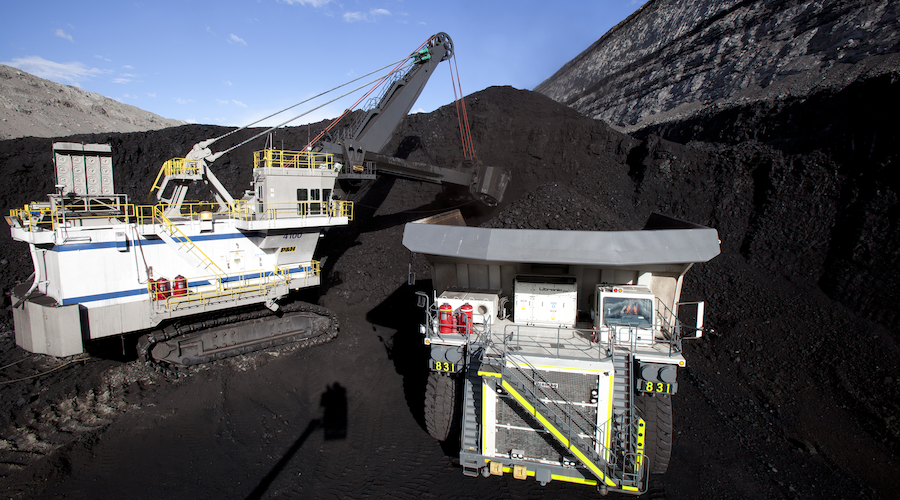Energy
Wednesday, December 13th, 2023 3:59 pm EDT
Key Points
- COP28 Agreement Calls for Global Shift Away from Fossil Fuels: Nearly 200 countries, in a landmark decision, approved the COP28 agreement, signaling a move away from fossil fuels—the primary driver of the climate crisis. The deal, known as the global stocktake, was hailed as historic, but criticism arose over the absence of an explicit call to phase out or phase down fossil fuels.
- Global Focus on U.S. Leadership in Cleaner Energy Transition: The COP28 agreement has thrust U.S. policy into the global spotlight, with campaigners urging President Joe Biden’s administration to lead the charge toward cleaner energy technologies. While U.S. climate envoy John Kerry sees the agreement as sending strong messages to the world, critics emphasize the need for the U.S. to take a leadership role in phasing out oil, gas, and coal.
- Biden Administration’s Dual Approach to Oil Production and Renewable Energy: Despite the COP28 agreement’s emphasis on transitioning away from fossil fuels, the Biden administration has faced criticism for simultaneously seeking to ramp up oil production to stabilize prices at the pump. The administration passed the aggressive climate investment Inflation Reduction Act, aiming to accelerate the country’s energy transition and reduce emissions. However, concerns persist about expanding oil and gas production, and campaigners stress the importance of the U.S. taking concrete steps to lead the way in transitioning to cleaner energy sources.
The landmark COP28 agreement, approved by government ministers from nearly 200 countries, calls for a shift away from fossil fuels, marking the first time in almost three decades for such a resolution. While hailed as “historic” and “the beginning of the end” of the fossil fuel era, critics point out the absence of an explicit call to phase out or phase down fossil fuels. U.S. climate envoy John Kerry emphasized the agreement’s strong message to the world, but campaigners demand that the Biden administration takes a leadership role in transitioning to cleaner energy technologies. The COP28 deal is seen as a starting point, and the focus must now shift to national action, with the U.S. leading efforts to halt new fossil fuel project approvals and set strong nationally determined contributions for future climate conferences. The U.S. currently maintains its position as a leading oil and gas producer, with record-high oil output of 13.2 million barrels per day in September 2023. Critics urge the U.S. to move away from fossil fuels, calling for a comprehensive strategy to transition toward renewable energy sources and provide adequate climate finance. The Biden administration, despite aggressive climate investments and ambitious climate targets, faces criticism for simultaneously ramping up oil production to stabilize prices at the pump. The COP28 agreement sets the stage for global climate action, but the effectiveness will be measured by the concrete steps taken by countries, especially major polluters like the United States, to transition away from fossil fuels.
For the full original article on CNBC, please click here: https://www.cnbc.com/2023/12/13/what-the-cop28-deal-means-for-the-us-amid-record-oil-and-gas-output.html




